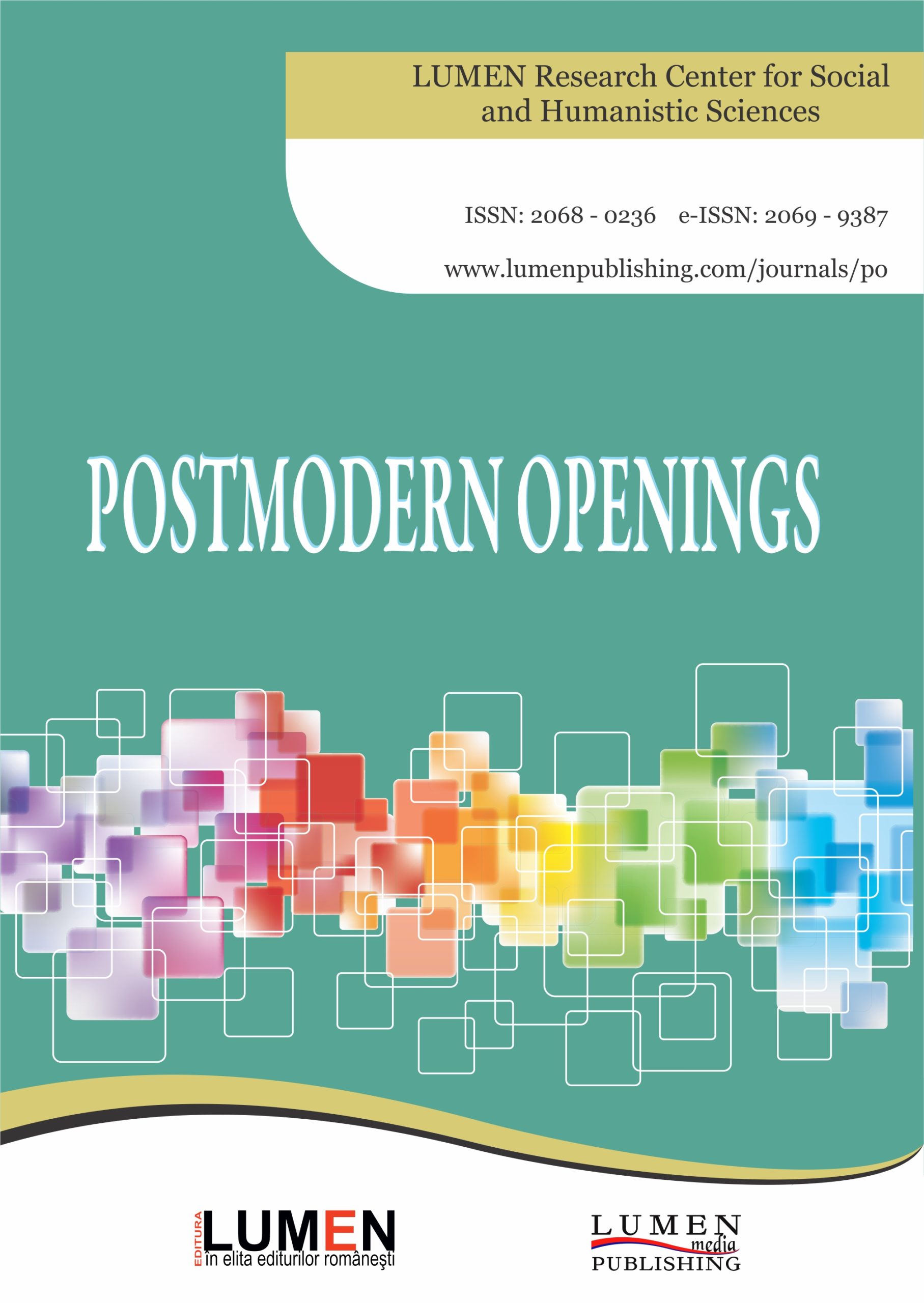Foreign Language Education in Eastern Europe in the Historical and Postmodern Discourse
Foreign Language Education in Eastern Europe in the Historical and Postmodern Discourse
Author(s): Iryna ONISHCHUK, Natalya Bidyuk, Tеtiana Doroshenko, Olha Zastelo, Elena Kokhanovska, Svitlana Yatsiv, Nataliia IshchukSubject(s): Language and Literature Studies, Foreign languages learning, Sociolinguistics
Published by: Editura Lumen, Asociatia Lumen
Keywords: international communication;foreign languages;culture;pedagogical strategies;teaching methods;postmodern education;implementation of experience;
Summary/Abstract: It is foreign languages that allow one to carry out one’s professional duties at the international level, in particular in the academic field. Besides, they are recognized as a key to the development of human culture, which opens new opportunities for international integration and deepens cultural, intellectual and communicative functions of languages. Considering its historical post-totalitarian specifics and social roles, the development of foreign language education in higher education institutions (HEIs) in Eastern Europe, in particular Ukraine, includes materialist and pragmatic and partly postmodernist trends, which need to be studied and analyzed in the context of a modern, postcolonial society. The research aims to systematize theoretical issues and generalize the experience of developing foreign language education for future humanities teachers in pedagogical universities in Ukraine (the mid 20th century - the early 21st century), as well identify some proper ways to implement authentic and world experience into the modern practice of training future foreign language professionals. The following pedagogical strategies are considered to be certain productive areas in the combination of classical and postmodernist trends in education: the integration of repetitive teaching methods and creative activity; the combination of modular and problem-based learning; the use of non-communicative models and cognitive strategies of foreign language education; the introduction of models of foreign language education, which make it possible to specify social, professional and research activity of the student’s personality; the reinforcement of extra-curricular activities in the context of foreign language education.
Journal: Postmodern Openings
- Issue Year: 12/2021
- Issue No: 3
- Page Range: 107-120
- Page Count: 14
- Language: English

